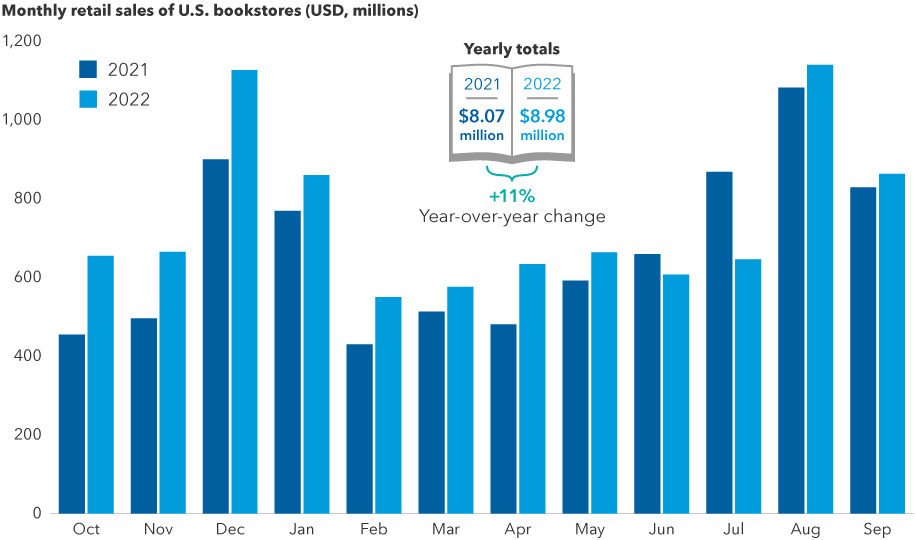Stephen King once said: “Books are a uniquely portable magic.”
Many of our readers must agree because we’ve received numerous requests to publish a list of favorite books selected by Capital Group investment professionals during our monthly webinars.
So, here you have it, 10 titles borrowed directly from the bookshelves of our portfolio managers, analysts and economists:






